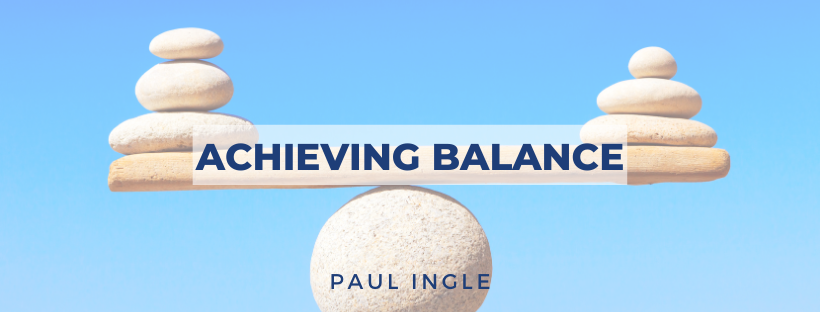Maintaining Balance
29 Jan 2021

Globally we have seen a broad range of leadership styles on display at a political level throughout COVID-19 and the analysis is now coming in thick and fast as to which style appears to correlate to better or worse outcomes for the population they serve.
Some analysis has also centred on the form of government and whether one form over the other is better suited to responding to a crisis e.g. oligarchical, democratic, communistic and so forth, with an inference that democracies are. However commentators are backing away from that argument given some democratically leaders stayed firmly in denial, the subversion of scientific advice and an apparent acceptance of economies before lives.
I would concur, that would seem to be an off-piste argument….
What we are particularly interested in as an organisation is leadership with depth and breadth that enables a person to lead in a nuanced way to suit any situation, be it emergency or otherwise. Leadership is not a static thing and we learn as much from great leaders as we do poor ones. Sure, we might wince a bit when we hear people say ‘it’s a journey’ but actually they are right, it is. It is also why sponsors put forward members of their executive to our learning set program, creating space and time for people to hone their style leadership style and approach to match the situation they are dealing with.
But back to leadership styles….
In the eighties and nineties, transactional leadership theories were dominant, having developed over decades after the World Wars and the Depression. Companies were top-down and structurally demarcated; leaders focused more on systems and structures over people and the bottom-line over the bigger, more sustainable long-term picture. I can remember cringing at Uni when my management professors would describe people as assets and that our job was to figure out how to deploy them most effectively to maximise productivity. I started to take psychology papers as well as that point.
Thankfully there has been a leadership paradigm shift from top-down management to the leader as mentor, motivator, facilitator, communicator and collaborator. In a complex and fraught time it would seem it is this style that is better suited to leading through a pandemic with a more harmonious mix of emotional and cognitive intelligence would it not? Globally there have been some political leaders who seem to have this in spades with an apparent positive correlation to how their country and people have fared.
Yet when under the pump for sustained periods of time, and with no end in sight, even the most balanced leader can slip into transactional leadership. To perhaps be a little sharper that day then intended? To direct more than motivate?
With the global supply chain of vaccines becoming challenged due to the scale of demand, and our place in the queue already experiencing some slippage, it will be a long and demanding year for leaders.
What are you doing to take care of yourself and enable leadership balance?

